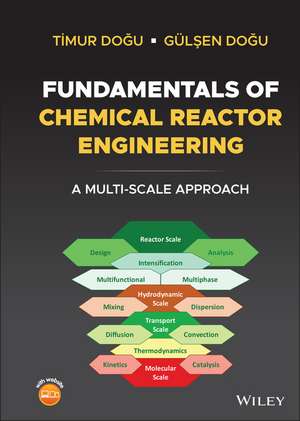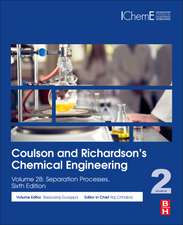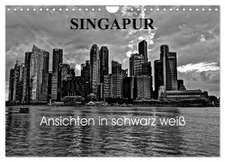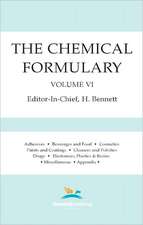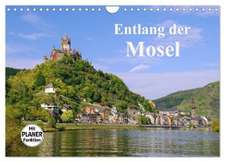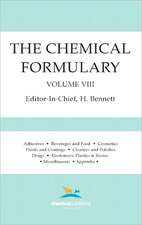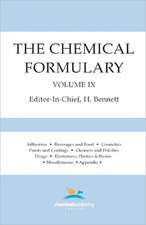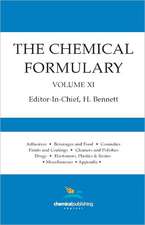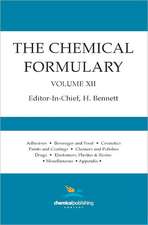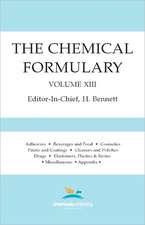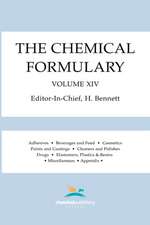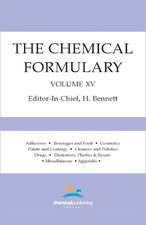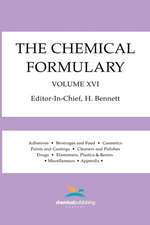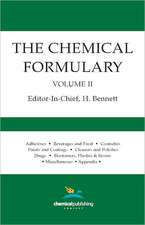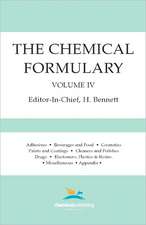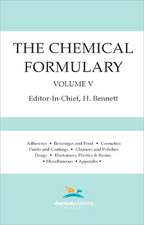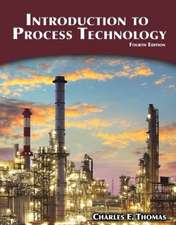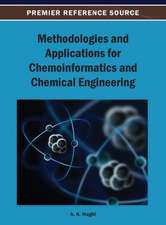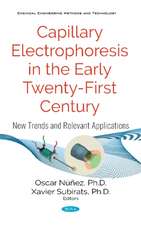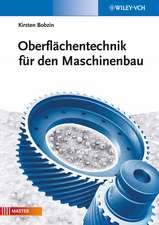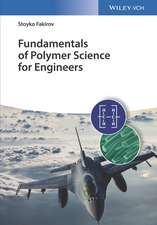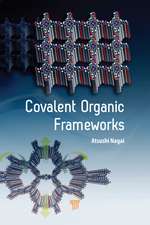Fundamentals of Chemical Reactor Engineering – A Multi–Scale Approach
Autor Doguen Limba Engleză Hardback – 28 oct 2021
A comprehensive introduction to chemical reactor engineering from an industrial perspective
In Fundamentals of Chemical Reactor Engineering: A Multi-Scale Approach, a distinguished team of academics delivers a thorough introduction to foundational concepts in chemical reactor engineering. It offers readers the tools they need to develop a firm grasp of the kinetics and thermodynamics of reactions, hydrodynamics, transport processes, and heat and mass transfer resistances in a chemical reactor.
This textbook describes the interaction of reacting molecules on the molecular scale and uses real-world examples to illustrate the principles of chemical reactor analysis and heterogeneous catalysis at every scale. It includes a strong focus on new approaches to process intensification, the modeling of multifunctional reactors, structured reactor types, and the importance of hydrodynamics and transport processes in a chemical reactor.
With end-of-chapter problem sets and multiple open-ended case studies to promote critical thinking, this book also offers supplementary online materials and an included instructor's manual. Readers will also find:
- A thorough introduction to the rate concept and species conservation equations in reactors, including chemical and flow reactors and the stoichiometric relations between reacting species
- A comprehensive exploration of reversible reactions and chemical equilibrium, including the thermodynamics of chemical reactions and different forms of the equilibrium constant
- Practical discussions of chemical kinetics and analysis of batch reactors, including batch reactor data analysis
- In-depth examinations of ideal flow reactors, CSTR, and plug flow reactor models
Ideal for undergraduate and graduate chemical engineering students studying chemical reactor engineering, chemical engineering kinetics, heterogeneous catalysis, and reactor design, Fundamentals of Chemical Reactor Engineering is also an indispensable resource for professionals and students in food, environmental, and materials engineering.
Preț: 559.14 lei
Preț vechi: 726.15 lei
-23% Nou
106.99€ • 112.01$ • 88.53£
Carte tipărită la comandă
Livrare economică 05-19 aprilie
Specificații
ISBN-10: 1119755891
Pagini: 352
Dimensiuni: 178 x 254 x 20 mm
Greutate: 0.83 kg
Editura: Wiley
Locul publicării:Hoboken, United States
Descriere
FUNDAMENTALS OF CHEMICAL REACTOR ENGINEERING
A comprehensive introduction to chemical reactor engineering from an industrial perspective
In Fundamentals of Chemical Reactor Engineering: A Multi-Scale Approach, a distinguished team of academics delivers a thorough introduction to foundational concepts in chemical reactor engineering. It offers readers the tools they need to develop a firm grasp of the kinetics and thermodynamics of reactions, hydrodynamics, transport processes, and heat and mass transfer resistances in a chemical reactor.
This textbook describes the interaction of reacting molecules on the molecular scale and uses real-world examples to illustrate the principles of chemical reactor analysis and heterogeneous catalysis at every scale. It includes a strong focus on new approaches to process intensification, the modeling of multifunctional reactors, structured reactor types, and the importance of hydrodynamics and transport processes in a chemical reactor.
With end-of-chapter problem sets and multiple open-ended case studies to promote critical thinking, this book also offers supplementary online materials and an included instructor's manual. Readers will also find:
- A thorough introduction to the rate concept and species conservation equations in reactors, including chemical and flow reactors and the stoichiometric relations between reacting species
- A comprehensive exploration of reversible reactions and chemical equilibrium, including the thermodynamics of chemical reactions and different forms of the equilibrium constant
- Practical discussions of chemical kinetics and analysis of batch reactors, including batch reactor data analysis
- In-depth examinations of ideal flow reactors, CSTR, and plug flow reactor models
Ideal for undergraduate and graduate chemical engineering students studying chemical reactor engineering, chemical engineering kinetics, heterogeneous catalysis, and reactor design, Fundamentals of Chemical Reactor Engineering is also an indispensable resource for professionals and students in food, environmental, and materials engineering.
